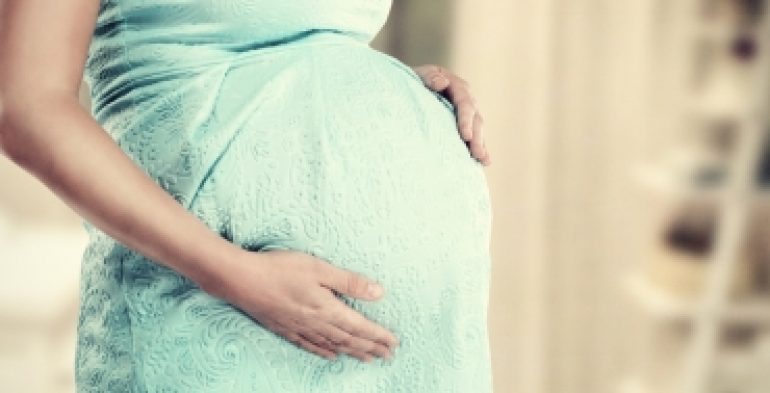
Frequent urination is often a problem within the first and third trimesters of pregnancy. It usually eases up during the second trimester before returning towards the end of the pregnancy. Immediately following delivery, the situation will worsen due to the body’s need to excrete the extra fluid that accumulated during pregnancy. This problem will ease up within five days and the urination frequency returns to normal.
The causes of frequent urination during pregnancy
- Right after the fertilized egg attaches to the lining of the uterus, your body starts producing the pregnancy hormone – known as hGC which increases the blood flow to the pelvic area and the kidneys. Blood volume increases nearly 50% above its pre-pregnancy level. This extra fluid gets processed through the kidneys and ends up in the bladder as the body tends to rid itself of waste more quickly, necessitating more frequent trips to the bathroom.
- As the baby grows and your uterus expands, pushing down on the bladder, urethra, and pelvic floor muscles giving less room to store urine and causing a more frequent need to urinate during the first and third trimesters – especially at night. This pressure on the bladder can cause some pregnant women to experience “stress urinary incontinence” – leaking urine when sneezing, coughing or laughing or when lifting heavy objects or doing some types of exercise. Towards the end of pregnancy the urination situation may worsen a bit as the baby moves lower and puts added pressure on the bladder.
Coping with frequent urination
- It is important you stay hydrated, so cutting back on water and fluids is not the solution to the frequent urination. However, cutting back on fluids in the hours before going to bed could decrease the number of times you have to get up during the night, but in that case you should make sure you drink sufficient to compensate for this during the day.
- Avoid caffeinated drinks like coffee and tea and carbonated drinks that have a diuretic effect.
- To help prevent leaks, the bladder should not get too full and should be emptied completely by leaning forward during urination. It is sensible to empty your bladder before starting any exercise. Wearing panty liners can offer you a sense of security.
- Avoid wearing tight-fitting underwear, pants, or pantyhose.
- The weakening of the pelvic floor muscles during pregnancy and childbirth can lead to urinary stress-incontinence. To minimize the risk, take on kegel exercises strengthen the pelvic floor muscles. It is advisable to start these exercises by the first trimester or sooner and to continue throughout the entire pregnancy and after giving birth. Losing the pregnancy weight also reduces the risk of post-partum incontinence. How to do these exercises: tense the muscles around the vagina and holding up to ten seconds; then slowly release and then repeat as much as possible.
To help prevent urinary tract infections, you should urinate whenever you feel the urge to. Signs of a urinary tract infection include: urinating even more than usual, burning sensation during urination, fever, abdominal pain or backache.








